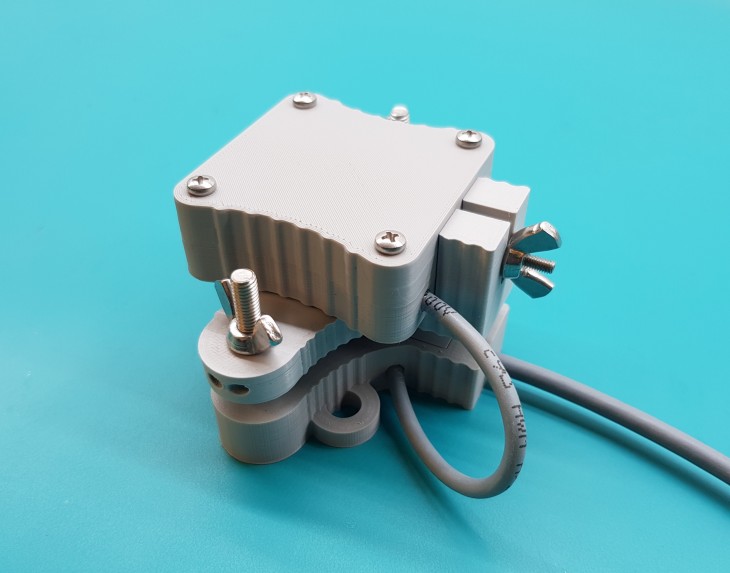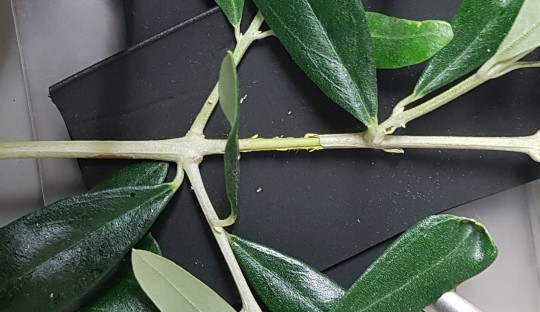It has certainly been a long time since the release of the original OpenSourceOV clamp and this website back in 2017. The intention was to provide plant physiology researchers and anyone with an interest with the necessary resources to image xylem in plants and assess xylem vulnerability to cavitation (air bubbles) using a new and exciting optical vulnerability (OV) technique developed by the Brodribb lab at the University of Tasmania (UTAS).
An OpenSource 3D-printed clamp – the OSOV clamp – was provided as one option for capturing images of the xylem, along with traditional point-and-shoot cameras and document scanners. Although effective, camera and document scanner setups tend to be large and cumbersome, often involve re-arranging most of the lab to make accomodation and require “creative” fixings and supports for lights and to keep the sample being imaged securely in position. The OSOV clamp was designed to resolve the requirements of illumination, sample attachment, image acquisition and image processing in a small, portable, inexpensive and relatively easy to construct device using resources available in most countries.
An obvious choice for the imaging and image processing components was the Raspberry Pi platform and 3D-printing for the body. The first prototype was developed in 2016, along with a number of variants that never saw the light of day, and that eventually lead to version 1 and version 2 of the OSOV clamp that can be found on this site and in the github repo https://github.com/OpenSourceOV.
The expectation was that folks would use, adapt and improve the original design, but in fact most just wanted to buy something already constructed and a little cottage industry in clamp construction and sales soon materialised in a lab of the Biological Sciences at UTAS.
A year or so later and we started working on a new commercial design and have been iteratively developing and testing that version ever since. The commercial version is now available through https://cavicam.co.
What of OpenSourceOV? This site remains as a resource for employing the OV technique. The OSOV clamp is still available but is long overdue for some updates – both in terms of the design and also the software. Ensuring there is an inexpensive device that can be built by researchers and tinkerers is still a priority. Watch for updates in the coming weeks…


